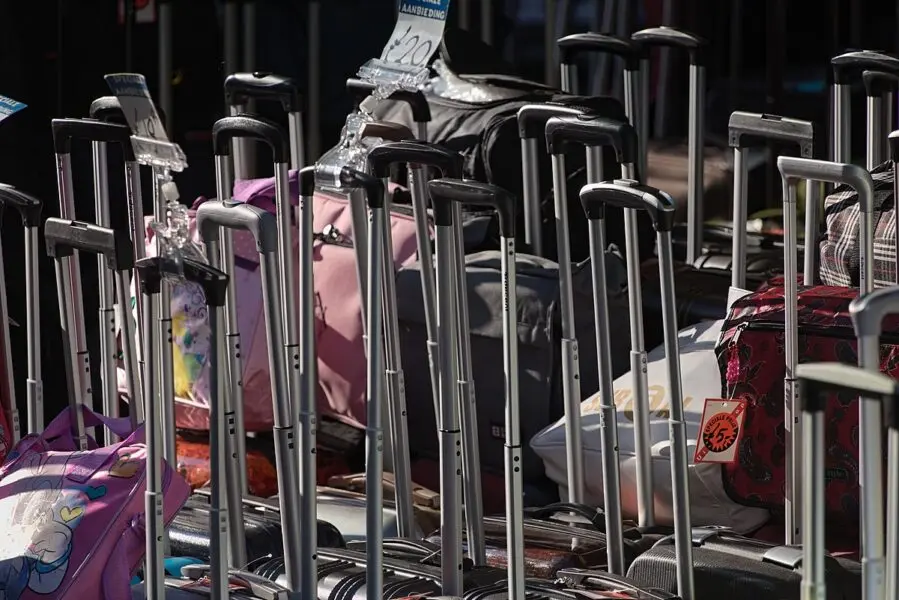
When people hear the word ‘travel’, it often becomes synonymous with the likes of ‘freedom’, ‘happiness’ and ‘relaxation’, and this is often how it is advertised to us. But not every holiday is like that from start to finish, and often the planning process can be more taxing than what it’s worth.
Travel fatigue is not often spoken about in the media, which is perhaps why people often feel so perplexed when they experience it. Travel fatigue is when you feel complete exhaustion and when things that usually excite you, such as being active or trying out new cuisines, can seem exhausting and you feel disengagement towards these activities. The causes can stem from a variety of factors, such as stress during planning or booking stages, delayed flights, and restless nights before travel.
Symptoms can be both physical and mental, and they often inform one another; anxiety, tiredness, homesickness, and extreme irritation are mental health symptoms when experiencing travel fatigue, similar to the university burnout. The most common among physical symptoms is constantly sleeping. This may feel restorative, but often this is a way of coping with anxieties that you’d rather avoid, such as booking a holiday or finding the motivation to leave the apartment and experience local culture.
Symptoms can be both physical and mental, and they often inform one another; anxiety, tiredness, homesickness, and extreme irritation
It is also important to note the distinction between travel fatigue and jetlag. Travel fatigue is often tiredness that results from stress and anxiety driven factors, whereas jetlag is your body slowly adjusting to a new time zone, which can make you feel sleepy.
Among students and younger demographics, the experience with travel fatigue might be due to the tense and demanding task of organising group holidays. Anyone who has ever tried to wrangle together groups of people with differing preferences could come to a conclusion that it is a challenging task, especially on a budget. Often it can put a strain on friendships and can be the grounds for disagreements.
But, there are ways of actively reducing the chances of experiencing travel fatigue, or curing it if it strikes. Again, physical and mental factors go hand in hand; eating well and establishing good sleeping patterns (rather than stressing all night over flight prices and skipping meals) will reduce the feeling of tiredness. Plus, by boosting your immune system with good food and plentiful rest, it will make decision making and communicating that much easier, leading to reduced stress, as well as providing the source of that much needed motivation so that you can enjoy your holiday.


